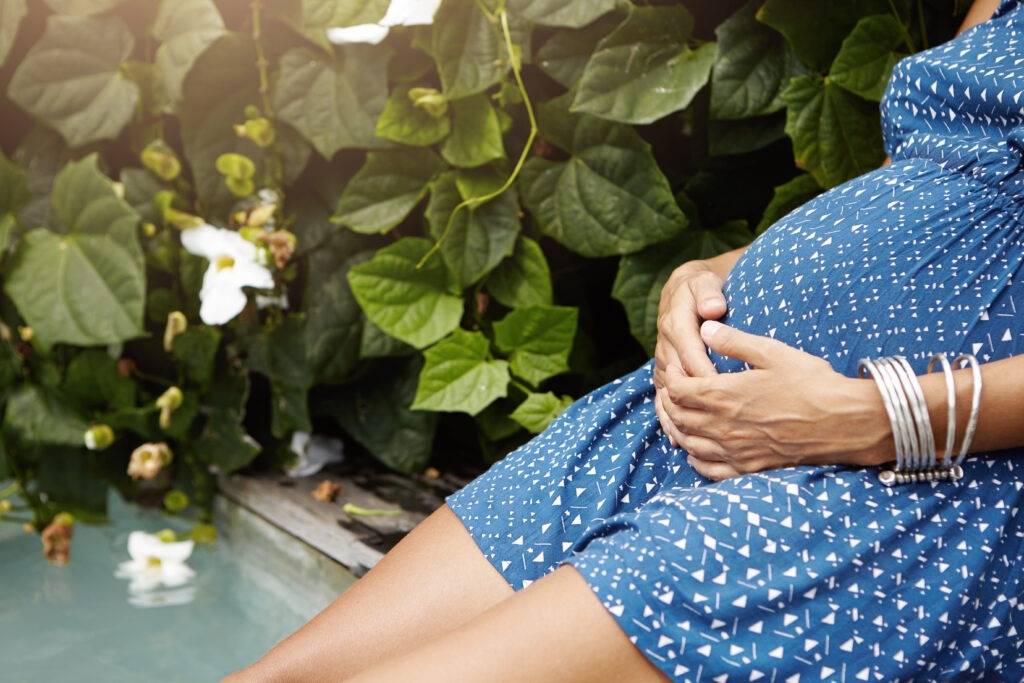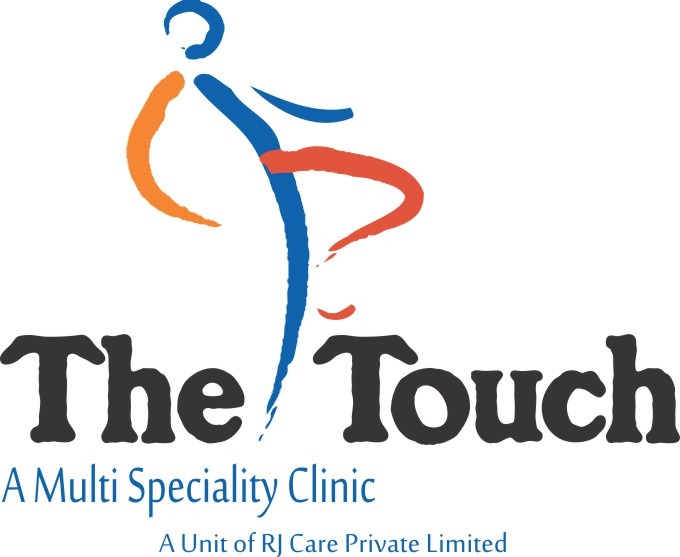Understanding the Impact of Age on Women’s Fertility

Women’s fertility is a topic of great importance and interest, particularly concerning the role age plays in reproductive health. As women age, various factors come into play that can affect their ability to conceive and carry a pregnancy to term. In this blog, we delve into the intricate relationship between age and fertility, exploring key factors and potential challenges.
Age and Fertility: The Biological Clock
One of the most critical factors in women’s fertility is age. Women are born with a finite number of eggs, and as they age, the quantity and quality of these eggs decline. This decline in ovarian reserve significantly impacts fertility, making it harder to conceive as women get older. This phenomenon is often referred to as the “biological clock.
Fertility Decline and Conception Challenges
As women reach their late 20s and early 30s, fertility starts to decline gradually. By the age of 35, this decline becomes more pronounced, with a notable decrease in both fertility rates and egg quality. Conceiving naturally becomes more challenging, and the risk of miscarriage increases. Advanced maternal age, typically defined as 35 and older, is associated with higher rates of infertility and pregnancy complications.
Factors Affecting Reproductive Health
Several factors contribute to the decline in fertility with age. These include changes in hormone levels, decreased ovarian function, and an increased risk of medical conditions such as endometriosis and polycystic ovary syndrome (PCOS). Lifestyle factors such as smoking, excessive alcohol consumption, and obesity can also negatively impact fertility
Proactive Measures for Reproductive Health
While age-related declines in fertility are inevitable, there are proactive steps women can take to optimize their reproductive health. Dr. Preeti Jindal recommends lifestyle modifications such as maintaining a healthy weight, exercising regularly, and avoiding tobacco and excessive alcohol consumption. Additionally, seeking preconception counseling and regular gynecological check-ups at The Touch Clinic can help identify any potential reproductive issues early on and ensure optimal fertility.
Empowering Women with Knowledge
At The Touch Clinic, we believe in empowering women with knowledge and support to make informed decisions about their reproductive health. Dr. Preeti Jindal encourages open communication and dialogue about fertility concerns, providing compassionate care and personalized treatment plans tailored to everyone’s needs. By understanding the role of age in women’s fertility and taking proactive steps toward reproductive health, women can navigate their journey with confidence and peace of mind.
In conclusion, age plays a significant role in women’s fertility, with advancing age presenting unique challenges and considerations for conception and pregnancy. By understanding these factors and seeking appropriate medical guidance, women can navigate their reproductive journey with confidence and awareness.
Begin your journey towards optimal reproductive health. Book your appointment today and take proactive steps towards understanding and managing your fertility.

 Robotic
Robotic




